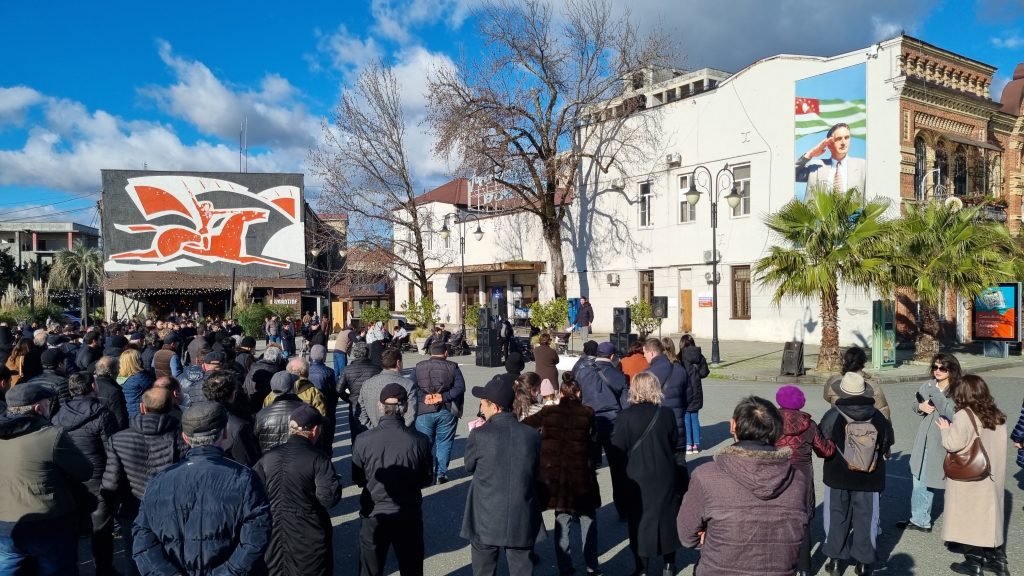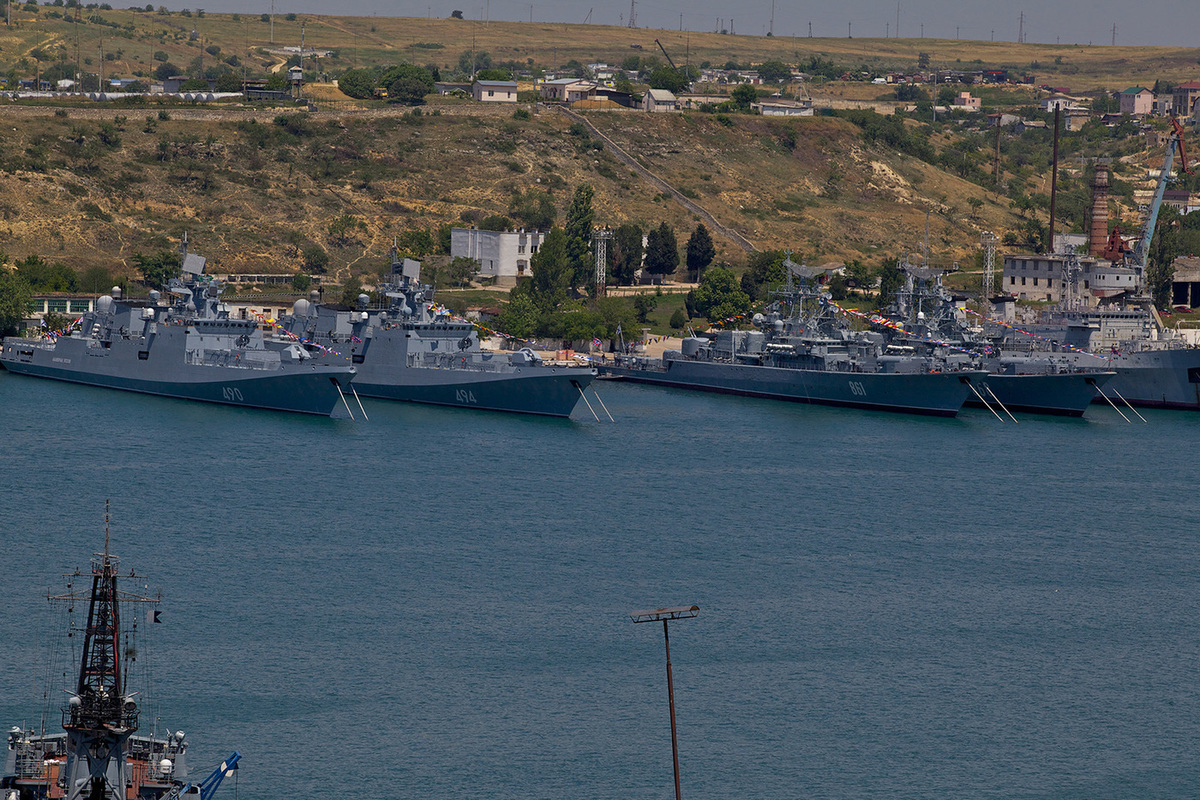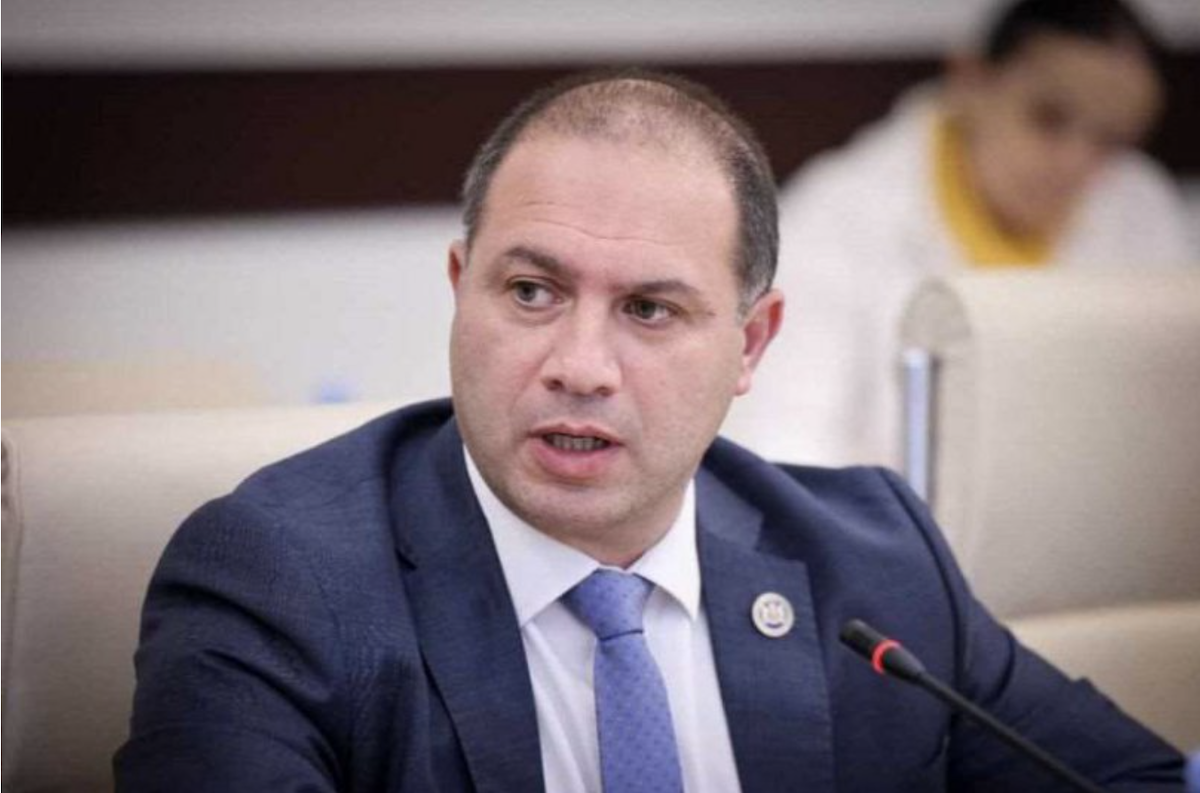'After 27 years in business, I'm lost' - fuel crisis in Abkhazia may escalate into political turmoil
Fuel crisis in Abkhazia
Ruslan Kokoskeria, the director of the Elka gas station in the Abkhazian city of Gagra, met with journalists at his station. Currently, there is nothing more to do as there is no gasoline available. The consequences in Abkhazia, such as the shortage of fuel, are a result of the fuel sales monopoly introduced by Russia.
In late December 2023, the Russian government granted the state-owned company “Rosneft” a monopoly on importing gasoline and diesel fuel into Abkhazia. This implies that Abkhaz entrepreneurs are barred from procuring fuel from alternative suppliers and importing it into the republic. Furthermore, even previously purchased fuel did not reach them in time.
The “Elka” gas station collaborates with certain organizations on a prepayment basis. Currently, they are replenishing the remaining prepaid diesel fuel for regular customers, including a branch of the energy company “Chernomorenergo” and a local hospital.
Simultaneously, a new batch of fuel, already purchased but not yet registered, is situated at an oil depot in Russia. Unfortunately, it cannot be returned or transported.
Similar to Elka, starting from December 25, 2023, the majority of gas stations in Abkhazia had to cease operations due to the depletion of gasoline and diesel fuel supplies. Some, like Ruslan Kokoskeria, continued to serve corporate clients through prepaid fuel cards, but most employees were placed on paid leave.
- Abkhazia faces a fuel crisis and is puzzled by Russia’s perceived “unfriendly step”
- Exploiting ideological division: Opinion on transfer of Pitsunda estate to Russia
On January 24, a rally was held in Sukhum, attracting approximately three hundred participants. Gas station managers found themselves compelled to elucidate the closure of gas stations to both their employees and consumers, outlining the potential threats to business and the general population.
“They are attempting to compel us to adopt a sole fuel supplier; they are urging us to enter into an agreement with “Rosneft”. However, firstly, even the state company “Abkhaztop” has struggled to finalize an agreement with them for three months now. We are uncertain about how this will impact us. Secondly, having only one supplier equates to market monopolization,” stated Eduard Argun, the director of the fuel company.
“Azid” stands as the singular major national fuel enterprise in Abkhazia, devoid of foreign capital, and ranks among the top five major taxpayers in the region.

The Abkhaz authorities were alerted to the restrictions imposed by Russia through entrepreneurs grappling with import challenges. On January 24, as gas station managers and their clients deliberated on their shared predicament, a three-hour meeting of the economics committee unfolded in parliament.
The session included participation from the ministers of economy and transport, as well as representatives from fuel companies.
The outcome of this meeting clarified that only previously declared fuel would be permitted to cross the border, and solely through rail transport. Questions lingered about the fate of pre-paid gasoline pending customs clearance and whether fuel companies could maintain collaborations with their suppliers.
“They only mentioned waiting for information from the Russian side regarding the possibility of resuming deliveries. We are supposed to receive proposals from “Rosneft” and discuss the potential for entering into contracts with them,” stated Adamyr Gabunia, the general director of Azid.
The gas station workers’ rally transformed into a procession leading to the government complex. Delegates sought an audience with the head of the cabinet of ministers. An hour later, minister of energy and transport, Jansukh Nanba, addressed the crowd, assuring that the issue would be addressed in Moscow “with high-ranking officials.”
However, the minister conveyed that, at this stage, there was little that could be done.
On January 25, the previously declared fuel was transported into Abkhazia via rail. The management of the Azid company estimated that this volume would sustain their gas stations for approximately 10 days. Subsequently, the gas stations may face closure again.
“We must make payments for new shipments and arrange their import. However, if compelled to sign an agreement with Rosneft, this process will also be time-consuming. Resolving the issue might take months, and we employ around 300 people who need to receive their salaries,” stated Eduard Argun.
Among the company’s employees are veterans of the Georgian-Abkhaz war, mothers of many children, and village residents for whom this employment constitutes a significant portion of the family budget.
While “Azid” managed to open its gas stations, if only for a brief period, small entrepreneurs faced challenges in delivering their fuel.
Many of them began their ventures by pouring gasoline from cans on the side of the highway, building businesses from the ground up. Today, they find themselves on the brink of bankruptcy.
“I started with a hundred dollars that I borrowed and then spent 27 years building my business. I don’t know what to do today,” shares Ruslan Kokoskeria, the director of the Elka gas station.
Furthermore, the nearly month-long shutdown of gas stations implies a substantial shortfall in tax deductions for the already modest Abkhaz budget.
In essence, with a single decision, Russia disrupted the entire fuel supply system of Abkhazia, impacting employment and budget formation.
As a result, it is conceivable that if the fuel supply issue remains unresolved, it may escalate into a political problem. Several hundred dissatisfied individuals might align with the camp of opponents of the Abkhaz government.
Terms, place names, opinions and ideas suggested by the author of the publication are her / his own and do not necessarily coincide with the opinions and ideas of JAMnews or its individual employees. JAMnews reserves the right to remove comments on posts that are deemed offensive, threatening, violent or otherwise ethically unacceptable.




















